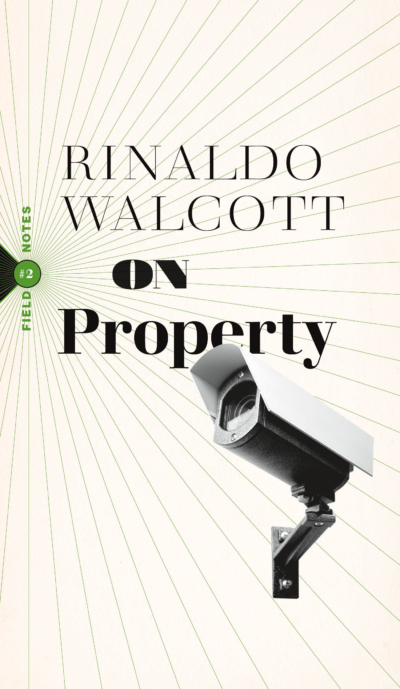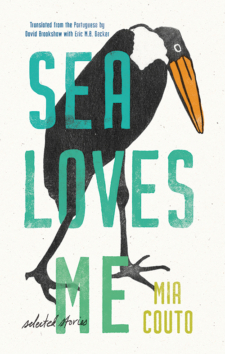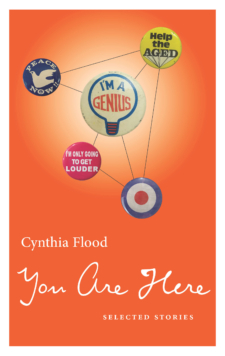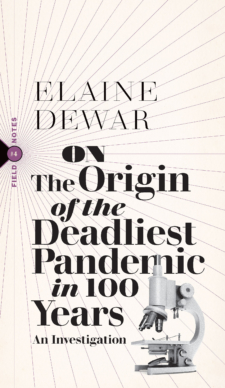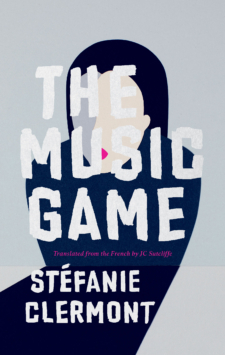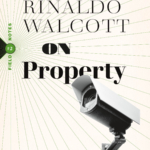Description
From plantation rebellion to prison labour’s super-exploitation, Walcott examines the relationship between policing and property.
That a man can lose his life for passing a fake $20 bill when we know our economies are flush with fake money says something damning about the way we’ve organized society. Yet the intensity of the calls to abolish the police after George Floyd’s death surprised almost everyone. What, exactly, does abolition mean? How did we get here? And what does property have to do with it? In On Property, Rinaldo Walcott explores the long shadow cast by slavery’s afterlife and shows how present-day abolitionists continue the work of their forebears in service of an imaginative, creative philosophy that ensures freedom and equality for all. Thoughtful, wide-ranging, compassionate, and profound, On Property makes an urgent plea for a new ethics of care.
The second title in our new Field Notes series.
Praise for On Property
“Urgent, far-reaching and with a profound generosity of care, the wisdom in On Property is absolute. We cannot afford to ignore or defer its teachings. Now is the time for us-collectively-to take up the challenge in this undeniable gift of a book.”—Canisia Lubrin, author of The Dyzgraphxst and Voodoo Hypothesis
“Provocative and persuasive. Rinaldo Walcott’s insightful unmasking of the historic baggage associated with private property challenges us to face up to what might be the source of our most pressing social problems.”—Cecil Foster, author of They Call Me George: The Untold Story of Black Train Porters and the Birth of Modern Canada
“Rinaldo Walcott is one of the most renowned and dynamic articulators of the Black radical tradition. His writings are essential for anyone seeking deeper engagement with the social and political movements urgently afoot today.”—David Chariandy, author of Brother and I’ve Been Meaning to Tell You
Praise for Rinaldo Walcott
“Essential reading. From its first paragraphs Rinaldo Walcott’s The Long Emancipation shifts the axis of thought about Black freedom. The astonishing and devastating idea at the center of this book lays out the condition of Black being in the Americas as existing, still, in a state of juridical unfreedom. Once that idea’s recalibrating weight and urgency strike you, you must think again where analysis and theory begin. You must begin again.”—Dionne Brand, poet, novelist, essayist
“In The Long Emancipation Rinaldo Walcott has opened up whole new avenues for thinking about the causes and conditions, the global logics of ‘unfreedom’ that continue to haunt and imperil Black lives. This rich collection of provocations challenges us to consider the terms and possibilities of living beyond the death zones and extractive economies of capitalism; it invites us to see and feel the audacious eruptions of a blackness exceeding these limits—moving and struggling toward freedom.”—Deborah E. McDowell, University of Virginia
“Each chapter of BlackLife carefully weaves together analyses of history, philosophy, policy, art, and activism to create a fuller picture of Black Canadian existence.”—Briarpatch Magazine
“Black Life: Post-BLM and the Struggle For Freedom is a short volume, but one of the most important intellectual interventions to emerge in Canada in recent years. It ought to be required reading in Canadian Studies and other social science and arts courses at both secondary and post-secondary levels across the country. Above all, it ought to be taken seriously by those—especially white Canadians—with the ability to apply its insights in public policy and private lives alike.”—Rhea Rollmann at PopMatters

